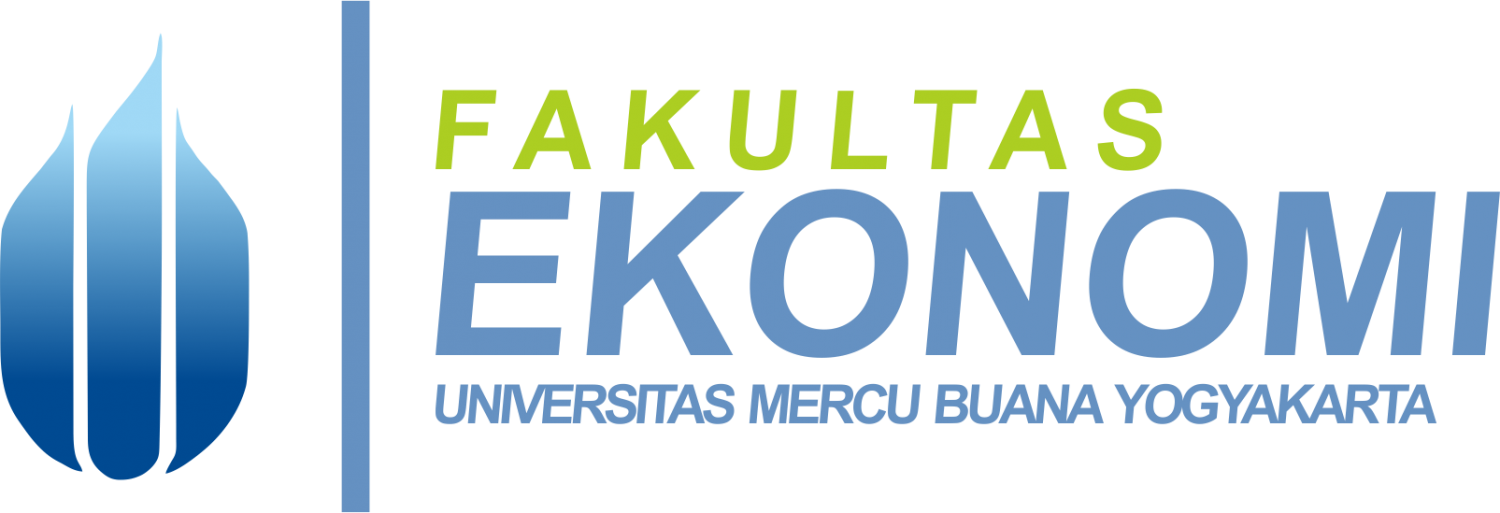Universities search for the new normal after Brexit
16/01/2021 2021-01-16 4:11Universities search for the new normal after Brexit
German and United Kingdom representatives of universities and higher education organisations have discussed the post-Brexit future of UK-German academic relations, including how to plug the glaring gap in the UK’s Turing Scheme, the replacement for participation in the European Union’s mobility and exchange scheme Erasmus+.
The discussions took place in a virtual talk organised by the German Academic Exchange Service (DAAD) and prepared by the DAAD Competence Centre for International Academic Collaborations (KIWi), and coincided with the presentation of DAAD propositions on future cooperation with the UK. Erasmus+ scholarships for UK-German student exchange will still be available for the next two years.
“We should make use of this transitional period to develop alternative access routes and financing models for students,” DAAD President Joybrato Mukherjee maintained.
“From a German perspective, a European approach would be desirable in the long term. In the short term, I believe that what we need most is to swiftly establish a close network of new bilateral higher education agreements between UK and German universities.”
Vivienne Stern, director of Universities UK International, emphasised the importance for academic relations of the UK being associated to the European Union’s Horizon Europe research and innovation framework on the basis of last December’s Trade and Cooperation Agreement between the EU and the UK.
However, currently there is uncertainty over how this will be paid for because the UK Treasury failed to include the £1 billion (US$1.4 billion) funding needed in the Chancellor’s Budget on 3 March, as reported by University World News.
Stern also maintained that the UK government’s new Turing Scheme could actually boost the motivation of UK students to go abroad by providing opportunities for short stays in other countries.





